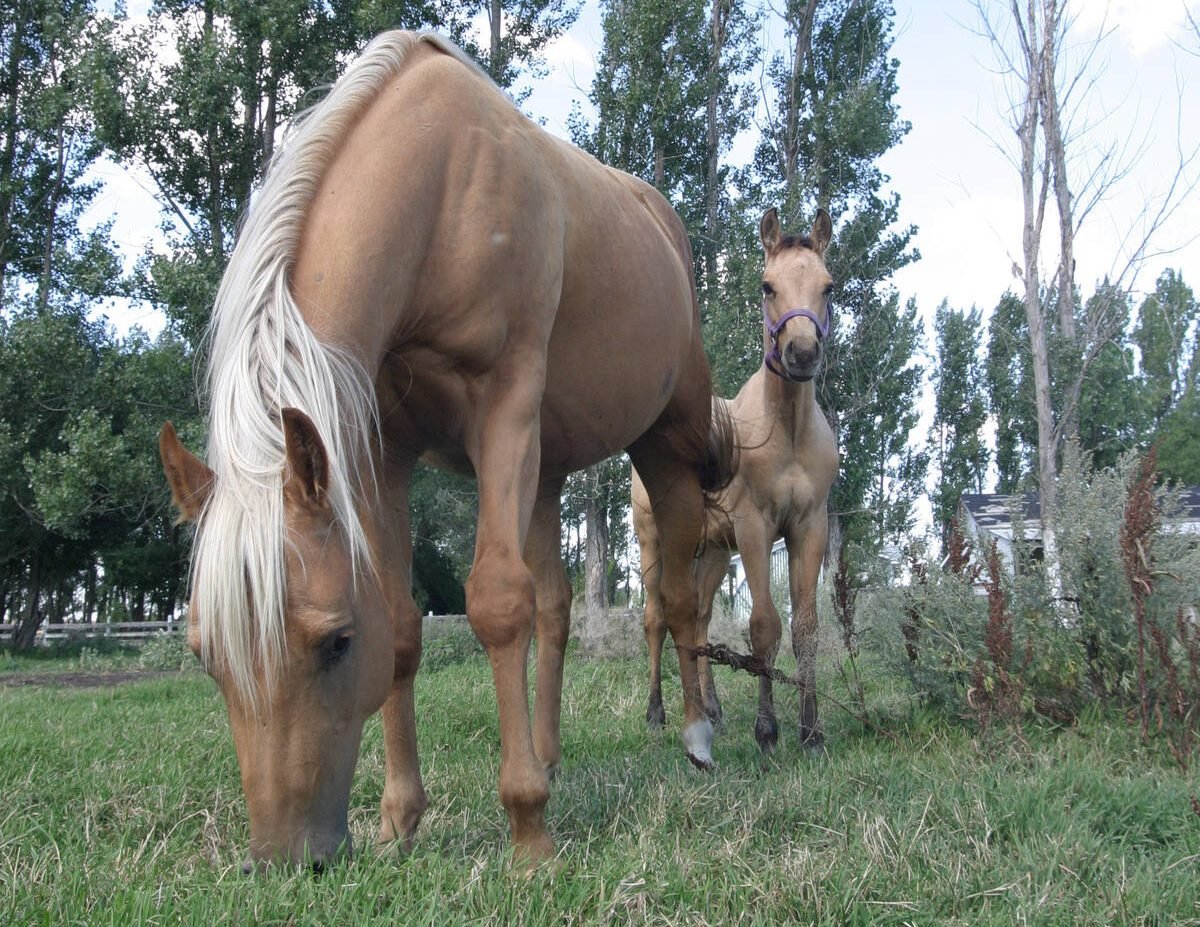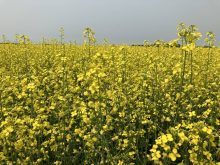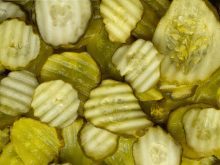Steinman is the producer and host of Deconstructing Dinner, a weekly radio broadcast based in Nelson, B.C. This item was inspired by a speech given by Luanne Armstrong when the Creston Grain Community Supported Agriculture project celebrated its first anniversary.
As farmers often operate in solitude and work closely with nature, there is ample opportunity to ponder the meaning of life, or maybe just simply, “what is a farmer?”
British Columbian author and farmer Luanne Armstrong has spent time asking that very question. Her thoughts are part of a series of essays she’s working on that present a compelling argument against the divisiveness found within the world of farming.
Read Also

Growth plates are instrumental in shaping a horse’s life
Young horse training plans and workloads must match their skeletal development. Failing to plan around growth plates can create lifelong physical problems.
Whether it be industrial-scale versus small-scale or conventional versus organic, there is clearly a clash of farming philosophies that permeates much of the dialogue on agricultural issues.
On the one hand are large-scale conventional farmers who view small-scale organic farming as simply a lifestyle and not really farming, while on the other hand are small-scale organic farmers who view industrial-scale conventional farming as being unsustainable and not really farming.
Who’s correct and who’s the real farmer?
One thing is certain; neither side has much solid ground to stand on. The models of conventional farming that have emerged over the past six decades have clearly not done much to improve economic security for farmers. The opposite appears to be true.
Small-scale organic farmers are also not cashing in at the bank. Both sides are instead often forced to subsidize the farm with off-farm employment. Perhaps the two categories of farmers have more in common than is generally perceived.
So what has caused these divisions among the farming and general public?
Armstrong suggests that “farmer” is a word with odd implications and is a profession viewed in different ways.
“It’s one of those words like Indian, with romantic stereotypes attached to it,” says Armstrong. “On the one hand, a farmer is sometimes perceived as close to nature, wise in the ways of animals and plants, someone who can fix anything, or someone who can encapsulate a mystical view of the universe in just a few well chosen words.
But on the other hand, the word “dumb” always seems to be silently appended to farmer; redneck, slow, prejudiced, the butt of jokes, and always, male,” adds Armstrong.
She points out that these opposing views of farming may be a result of the low ranking of the profession in our class-based society.
“These days, for some reason, people don’t seem to want to be farmers anymore,” says Armstrong. “A lot of western civilization has been crawling out of that class and into the urban condo, something far more respectable,” she adds, tongue-in-cheek.
This decline in interest in farming may be one reason why both sides of the agricultural spectrum are vying for attention.
There are the conventional commodity groups embarking on lavish public education campaigns such as Ontario’s AgCare, which launched its Real Dirt on Farming pamphlets in 2006 and that recently invested in the distribution of inserts in The Globe and Mail.
Then there is the rising interest in books on local and organic foods such as those by American author Michael Pollan. In both cases, efforts are clearly set on undermining the other.
While Armstrong refers to herself as a farmer, her other titles would suggest otherwise to the traditionalist.
“Superficially, in every way, I’m completely unlike my father and his father and his father,” says Armstrong, who comes from a long line of male farmers.
“I’m a female, I’m a writer, I’m an academic, I’m a feminist; all of those things they would have hated, and yet none of this really matters on the way to the barn.
“Farming is only about food and survival, it’s really not about anything else,” says Armstrong. “Any romance about it is just that, frivolous and frills. Farming is fundamental. It is about food, and thus it is also about dirt, hard work, being outside in every kind of weather and of course, it’s also about birth and death.”
Regardless of the lens through which Armstrong views farming, divisions within the farming community and the mixed perceptions of farming by the public remain.
The clash between farming philosophies is reminiscent of the issue of racial disharmony. While humans of all races have been proven to be more genetically similar than has long been assumed, race nevertheless continues to breed fear, conflict and oppression.
And how does this relate to farming?
So long as farmers and/or commodity groups continue to fear one another’s philosophies and as farmers continue to be oppressed by a food system that does not adequately compensate them for their work, the future does not look promising. It seems that food and farming have, for too long, been a reflection of either a one-track vision or of ego, or of a corporation’s bottom line.
It seems like an opportune time to move beyond these biases and heed Armstrong’s advice. We can already see glimpses of this unification ripening in pockets across the country, where eaters and farmers are uniting with one common goal: to produce good food and be adequately compensated for it.














